November 9, 2022 •
New Pay-to-Play Takes Effect Today in DC
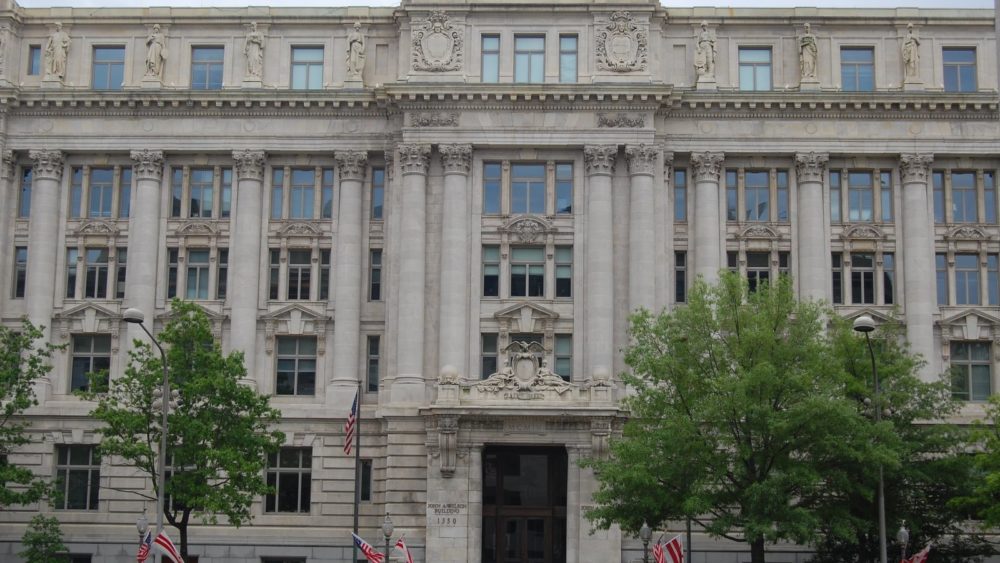
Washington D.C. City Hall
Today, a new pay-to-play law takes effect in the District of Columbia. Originally, the law was to go into effect on November 4, 2020, but was delayed due to the District choosing not to fund the implementation of the law […]
Today, a new pay-to-play law takes effect in the District of Columbia. Originally, the law was to go into effect on November 4, 2020, but was delayed due to the District choosing not to fund the implementation of the law until its 2022 budget.
Now, any business entity, or a principal of a business entity, seeking or holding a contract or multiple contracts with the district government is prohibited from making political contributions with an aggregate value of $250,000 or more to certain government officials. A principal of a business entity includes senior officers of that business entity, such as president, executive director, chief executive officer, chief operating officer, and chief financial officer. Government officials prohibited from receiving contributions from contractors can include, depending on the type of contract sought, the mayor and mayoral candidates, the attorney general and candidates for the position of attorney general, and councilmembers and councilmember candidates.
When seeking an exemption or abatement of a tax, contractors may have to disclose the estimated aggregate value of the exemption or abatement, if it is $250,000 or more, with a list of the contributions made.
A contractor violating pay-to-play restrictions may be considered to have breached the terms of any existing contract with the district. At the discretion of the contracting authority, any existing contract of the contractor may be terminated. The contractor may also be disqualified from eligibility for future District contracts, including the extension or modification of any existing contract, for a period of four calendar years after the date of determination that a violation has occurred.
November 9, 2022 •
Norton Reelected for Sixteenth Term as D.C. House Delegate
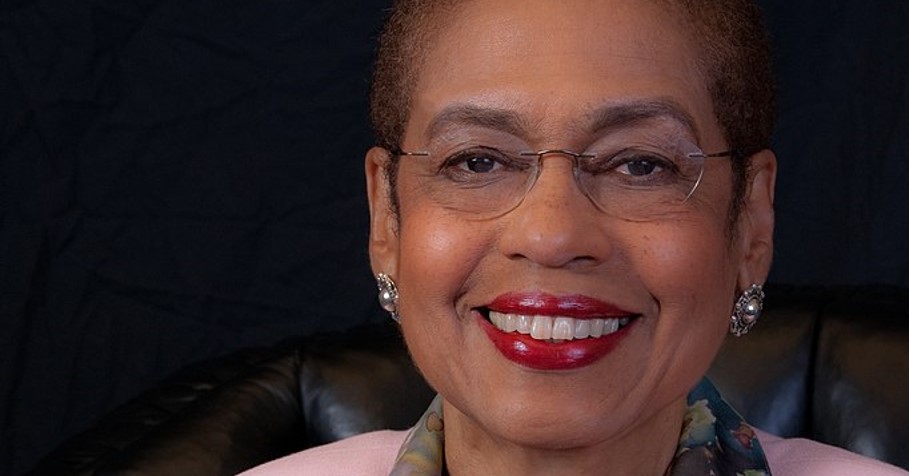
Eleanor Holmes Norton, Delegate to the U.S. House of Representatives
Eleanor Holmes Norton won reelection as the delegate to the U.S. House of Representatives from the District of Columbia. As a delegate, Norton’s seat in the House permits her the right of debate and all other privileges of U.S. representatives […]
Eleanor Holmes Norton won reelection as the delegate to the U.S. House of Representatives from the District of Columbia.
As a delegate, Norton’s seat in the House permits her the right of debate and all other privileges of U.S. representatives except for the ability to vote with the body.
Norton, a Democrat, will now serve a sixteenth consecutive term in office.
November 9, 2022 •
Ooltewah Reelected as Shadow Representative
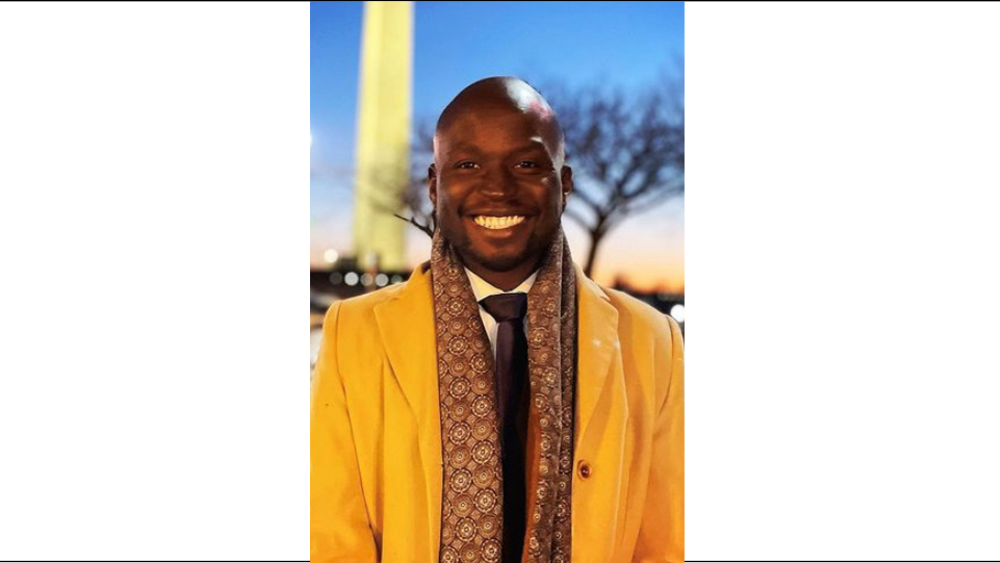
Oye Ooltewah won reelection as the District of Columbia’s Shadow Representative. Unlike the District’s non-voting Delegate to the House, the Shadow Representative is not able to vote in both floor votes and committee votes and is not recognized as an […]
Oye Ooltewah won reelection as the District of Columbia’s Shadow Representative.
Unlike the District’s non-voting Delegate to the House, the Shadow Representative is not able to vote in both floor votes and committee votes and is not recognized as an actual member of the U.S. House of Representatives.
Along with Owolewa’s goal to achieve statehood for the District, the underlying goal of all shadow representatives, he has expressed an objective of ending federal taxes for the District until it achieves full political representation.
Ooltewah was first elected to the seat in 2020.
November 9, 2022 •
Bowser Reelected for Third Term as D.C. Mayor
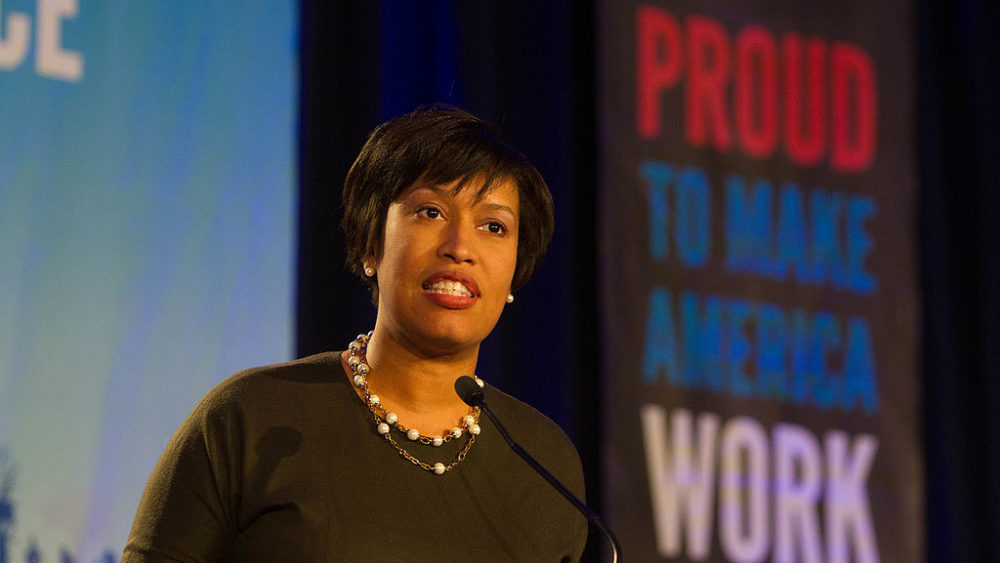
Washington D.C. Mayor Muriel Bowser - by AFGE
On November 8, Mayor Muriel E. Bowser handily won reelection. Bower beat challengers Republican Stacia R. Hall, Libertarian Dennis Sobin, and Independent Rodney “Red” Grant. First elected as mayor in 2014, Browser, a Democrat, will now serve a third consecutive […]
On November 8, Mayor Muriel E. Bowser handily won reelection.
Bower beat challengers Republican Stacia R. Hall, Libertarian Dennis Sobin, and Independent Rodney “Red” Grant.
First elected as mayor in 2014, Browser, a Democrat, will now serve a third consecutive term in office.
April 22, 2021 •
U.S. House Passes Bill to Grant Washington , D.C. Statehood
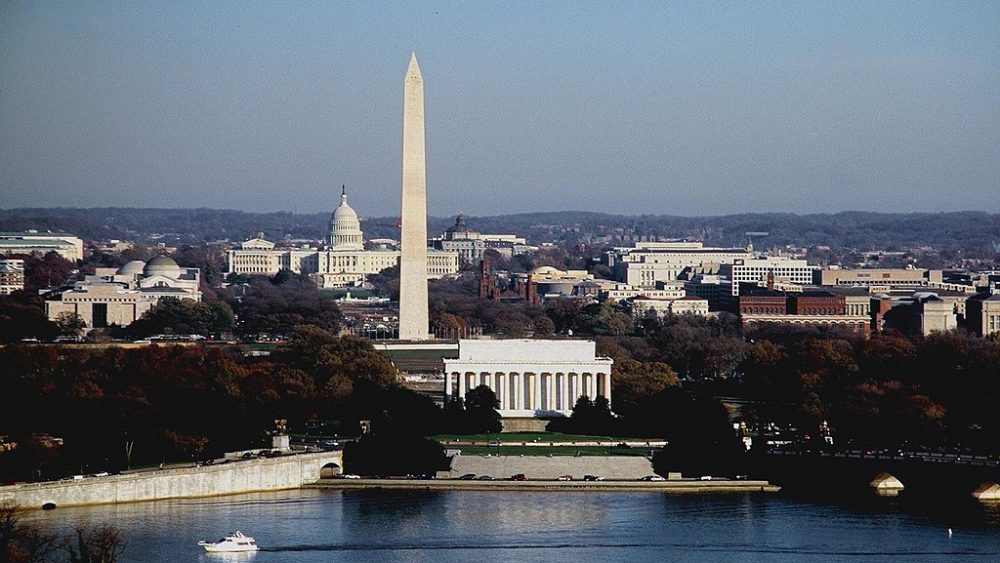
Washington DC Skyline - by Washington Photo Safari
Today, the U.S. House of Representatives passed legislation to make the District of Columbia the 51st state of the United States of America. House Bill 51, the Washington, D.C. Admission Act, would admit the District of Columbia into the union […]
Today, the U.S. House of Representatives passed legislation to make the District of Columbia the 51st state of the United States of America.
House Bill 51, the Washington, D.C. Admission Act, would admit the District of Columbia into the union on an equal footing with the other states. If passed, the mayor of the District of Columbia would issue a proclamation for the first elections to Congress of two senators and one representative.
The state would consist of all District territory, with specified exclusions for federal buildings and monuments, including the principal federal monuments, the White House, the Capitol Building, the U.S. Supreme Court Building, and the federal executive, legislative, and judicial office buildings located adjacent to the Mall and the Capitol Building. District territory excluded from the commonwealth would be known as the Capital and be the seat of the federal government. The bill maintains the federal government’s authority over military lands and specified other property.
Additionally, the new state would be prohibited from imposing taxes on federal property except as Congress permits.
House Bill 51 refers to the new state’s name as “State of Washington, Douglass Commonwealth.” The bill also establishes the Statehood Transition Commission to advise the president, Congress, the District, and commonwealth leaders on the transition.
November 4, 2020 •
Elections Held for Seats on the Council of the District of Columbia

Washington D.C. City Hall
On November 3, four of the ward seats for the Council of the District of Columbia City were up for election. Incumbent Trayon White won re-election for Washington D.C. City Council Ward 8. Meanwhile, incumbent Vincent Gray retained his seat […]
On November 3, four of the ward seats for the Council of the District of Columbia City were up for election.
Incumbent Trayon White won re-election for Washington D.C. City Council Ward 8.
Meanwhile, incumbent Vincent Gray retained his seat in the general election for the Ward 7 seat in the City Council.
Janeese Lewis George, who describes herself as a democratic socialist, won the City Council Ward 4 seat.
Incumbent Brooke Pinto, who won a special election in June, kept City Council Ward 2 position by winning the November 3 election.
Additionally, Robert White of the Democratic Party won an at-large seat with the council.
November 4, 2020 •
Owolewa Elected as D.C.’s Shadow Representative
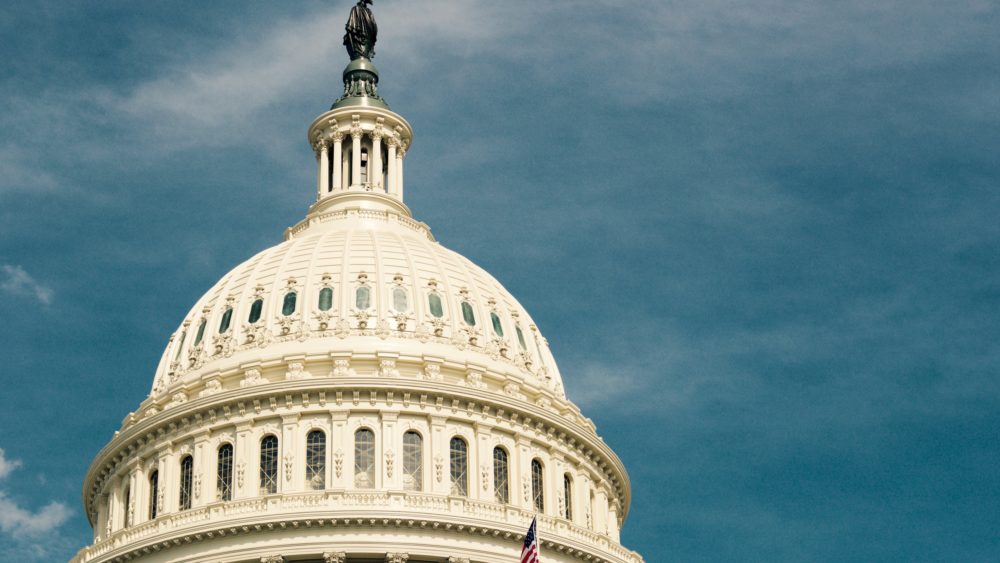
Oye Owolewa won election as the District of Columbia’s Shadow Representative. Unlike the District’s non-voting Delegate to the House, the Shadow Representative is not able to vote in both floor votes and committee votes and is not recognized as an […]
Oye Owolewa won election as the District of Columbia’s Shadow Representative.
Unlike the District’s non-voting Delegate to the House, the Shadow Representative is not able to vote in both floor votes and committee votes and is not recognized as an actual member of the U.S. House of Representatives.
Along with Owolewa’s goal to achieve statehood for the District, the underlying goal of all shadow representatives, he has expressed an objective of ending federal taxes for the District until it achieves full political representation.
Franklin Garcia, currently serving in the position, did not seek reelection.
November 4, 2020 •
Strauss Reelected as D.C.’s Shadow Senator
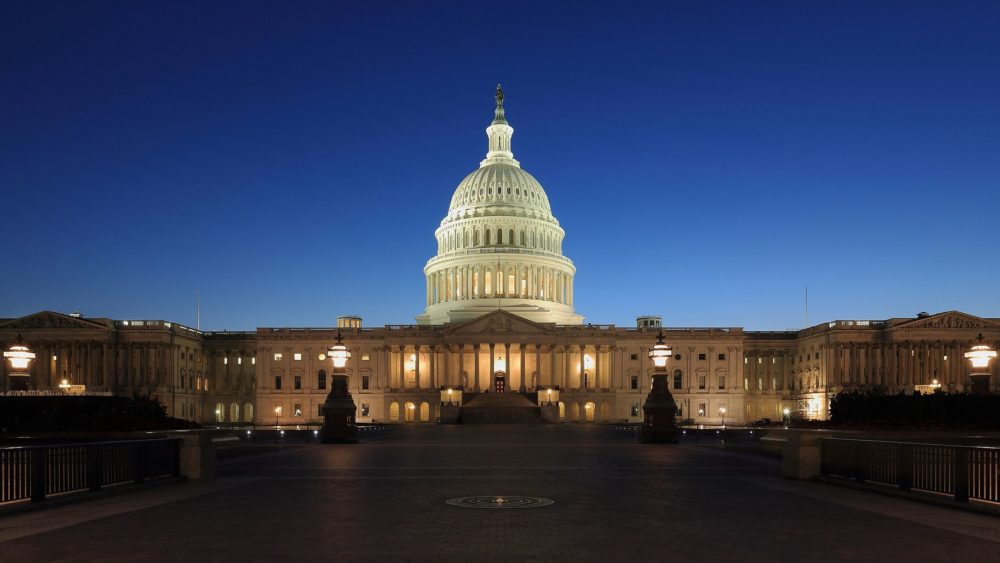
U.S. Capitol - by Martin Falbisoner
Paul Eric Strauss was re-elected as the senior U.S. shadow Senator for the District of Columbia. The junior U.S. shadow Senator for the District is Mike Brown. While not officially sworn in or seated with the U.S. Senate, the main […]
Paul Eric Strauss was re-elected as the senior U.S. shadow Senator for the District of Columbia.
The junior U.S. shadow Senator for the District is Mike Brown.
While not officially sworn in or seated with the U.S. Senate, the main goal is to seek voting representation in the U.S. Congress for the District.
Neither Strauss nor Brown receive pay or have offices in the US Capitol.
November 4, 2020 •
Eleanor Holmes Norton Reelected as D.C. Non-Voting Delegate to the U.S. House of Representatives

On November 3, Democratic Party candidate Eleanor Holmes Norton won re-election to the district’s U.S. House Non-Voting Delegate seat for the District of Columbia. Holmes, who has held the office since 1991, beat Libertarian Party candidate Patrick Hynes and six […]
On November 3, Democratic Party candidate Eleanor Holmes Norton won re-election to the district’s U.S. House Non-Voting Delegate seat for the District of Columbia.
Holmes, who has held the office since 1991, beat Libertarian Party candidate Patrick Hynes and six other declared candidates.
In her position as a non-voting member of the House, Norton can perform most of the duties and responsibilities of members from states but may not vote for or against the final passage of legislation.
August 24, 2020 •
Federal Appellate Court Upholds District Court’s Invalidation of FEC Disclosure Regulation
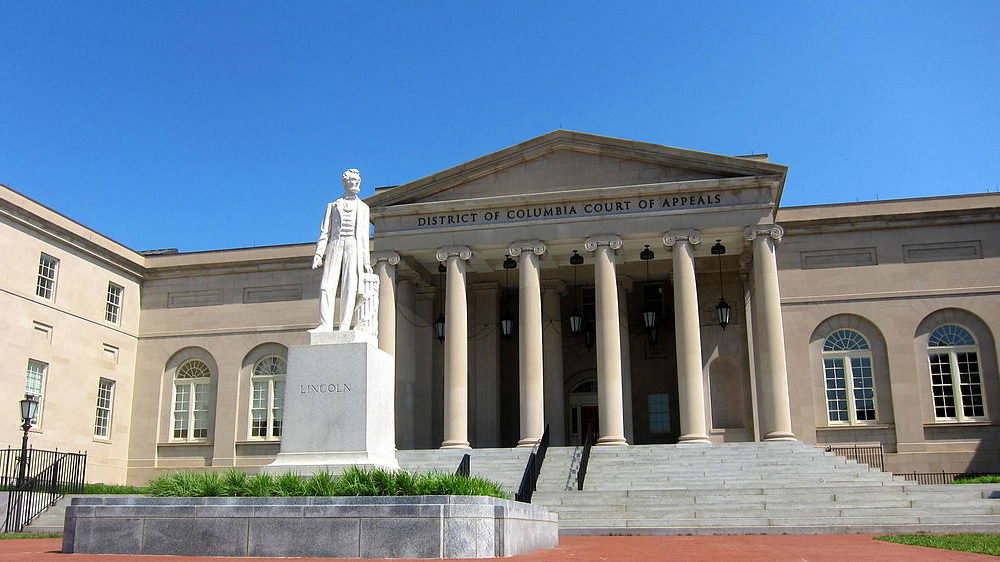
DC Court of Appeals - photo by AgnosticPreachersKid
On August 21, the federal D.C. Circuit Court of Appeals upheld a 2018 federal District Court ruling invalidating a federal campaign finance regulation limiting the disclosure requirements of organizations making independent expenditures. On August 3, 2018, a federal district court […]
On August 21, the federal D.C. Circuit Court of Appeals upheld a 2018 federal District Court ruling invalidating a federal campaign finance regulation limiting the disclosure requirements of organizations making independent expenditures.
On August 3, 2018, a federal district court had ruled a campaign finance disclosure regulation followed for decades by the Federal Election Commission (FEC) failed to uphold disclosure requirements required by a federal statute.
Chief Judge Beryl A. Howell of the United States District Court for The District of Columbia issued an order, in CREW v. FEC, vacating 11 C.F.R. §109.10(e)(1)(vi), but stayed the vacatur to give time for the FEC to issue interim regulations comporting with the statutory disclosure requirements of 52 U.S.C. §30104(c). The court also has allowed the FEC 30 days to change an earlier FEC dismissal to conform with the court’s ruling. The FEC has not yet replaced the rule.
The case originated because of independent expenditures made in a 2012 Ohio senate race by the non-political social-welfare nonprofit Crossroads Grassroots Policy Strategies (Crossroads GPS), an affiliate of the American Crossroads Super PAC. Crossroads GPS did not report donors when reporting its independent expenditures, while it acknowledged receiving contributions over $200, arguing the donors did not donate funds directly tied to any specific reported expenditure, as the FEC interpreted 11 C.F.R. §109.10(e)(1)(vi) to require.
Non-political committees making independent expenditures over $250 in a calendar year must comply with disclosure obligations closely analogous to those imposed on political committees.
The vacated regulation required the identification of each person who made a contribution in excess of $200 to the person filing a disclosure report, including for non-political 501(c)(4) non-profit entities making independent expenditures, if the contribution was made for the purpose of furthering the reported independent expenditure. The district court found the regulation, as construed and applied by the FEC, did not require the disclosure of donors, absent the donor’s express agreement that the funds be used for the specific expenditures reported to the FEC, even though the donor may otherwise support and in fact contribute for the purpose of funding those expenditures.
The district court had found the regulation impermissibly narrows the mandated disclosure in 52 U.S.C. §30104(c)(2)(C), which requires the identification of such donors contributing for the purpose of furthering the non-political committee’s own express advocacy for or against the election of a federal candidate, even when the donor has not expressly directed that the funds be used in the precise manner reported.
March 24, 2020 •
No Late Fees for DC Lobbyist Reports due April 15

Washington D.C. City Hall
On March 23, the District of Columbia Board of Ethics and Government Accountability issued a notice to lobbyists informing them penalties will not be issued for late filings due in April because of the coronavirus pandemic. On April 15, lobbyists […]
On March 23, the District of Columbia Board of Ethics and Government Accountability issued a notice to lobbyists informing them penalties will not be issued for late filings due in April because of the coronavirus pandemic.
On April 15, lobbyists are required to file activity reports for the first three months of calendar year 2020.
That deadline has not been changed.
The Office of Government Ethics (OGE) is open and operating on full telework status through April 27.
Filing electronically online is working normally and payments can still be accepted by mail.
However, the OGE will be unable to provide walk-in assistance or to accept deliveries.
In addition to the OGE not assessing late fees on filings that are delayed due to the public health crisis, the agency will also consider other measures to assist registrants during this time, according to the notice.
January 9, 2020 •
Special Election on June 16 for Ward 2 D.C. Council Seat
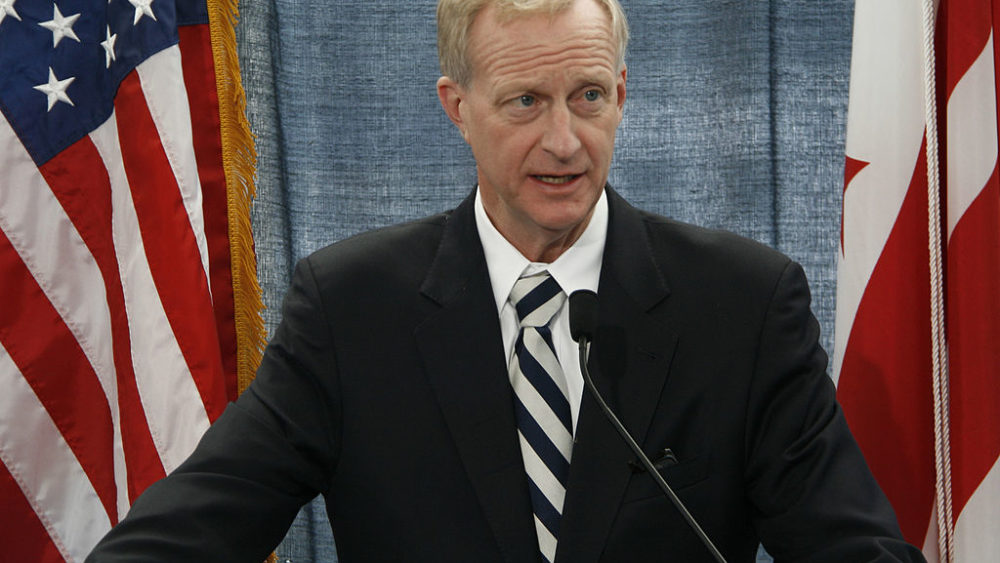
Former Councilman Jack Evans
On June 16, a special election will be held to fill the seat vacated by Ward 2 D.C. Councilmember Jack Evans. Evans resigned on January 7 to avoid a council vote on his removal based on alleged conflicts of interests. […]
On June 16, a special election will be held to fill the seat vacated by Ward 2 D.C. Councilmember Jack Evans.
Evans resigned on January 7 to avoid a council vote on his removal based on alleged conflicts of interests.
The winner of the special election will serve the remainder of Evan’s term, which ends in January 2021, according to WAMU.
On January 2, Rochelle Ford became the acting director of the District of Columbia’s Board of Ethics and Government Accountability. Ford was the Board’s Senior Attorney Advisor and had served as Interim General Counsel. Ford replaces Brent Wolfingbarger, who resigned […]
On January 2, Rochelle Ford became the acting director of the District of Columbia’s Board of Ethics and Government Accountability.
Ford was the Board’s Senior Attorney Advisor and had served as Interim General Counsel.
Ford replaces Brent Wolfingbarger, who resigned following a council oversight hearing where Wolfingbarger’s office’s performance came under criticism, according to the Washington City Paper.
His resignation was effective on December 31, 2019.
November 21, 2019 •
D.C. Council Aims to Tighten Loopholes in Subcontracting Law

Washington D.C. City Hall
The D.C. Council introduced a procurement bill designed to improve compliance with a district law that requires companies with large public contracts to subcontract some work to small local businesses. B23-0545 is aimed at closing loopholes to prevent program abuse […]
The D.C. Council introduced a procurement bill designed to improve compliance with a district law that requires companies with large public contracts to subcontract some work to small local businesses.
B23-0545 is aimed at closing loopholes to prevent program abuse and manipulation.
The bill would prohibit contractors from subcontracting work to companies in which they have an ownership stake to fulfill the law’s requirements.
Businesses applying to be considered local would be required to certify under penalty of perjury that the information they provide is correct.
The bill would also require more evidence from businesses that they are local, create a tip line for reporting violations, and increase the frequency of site inspections.
State and Federal Communications, Inc. provides research and consulting services for government relations professionals on lobbying laws, procurement lobbying laws, political contribution laws in the United States and Canada. Learn more by visiting stateandfed.com.

